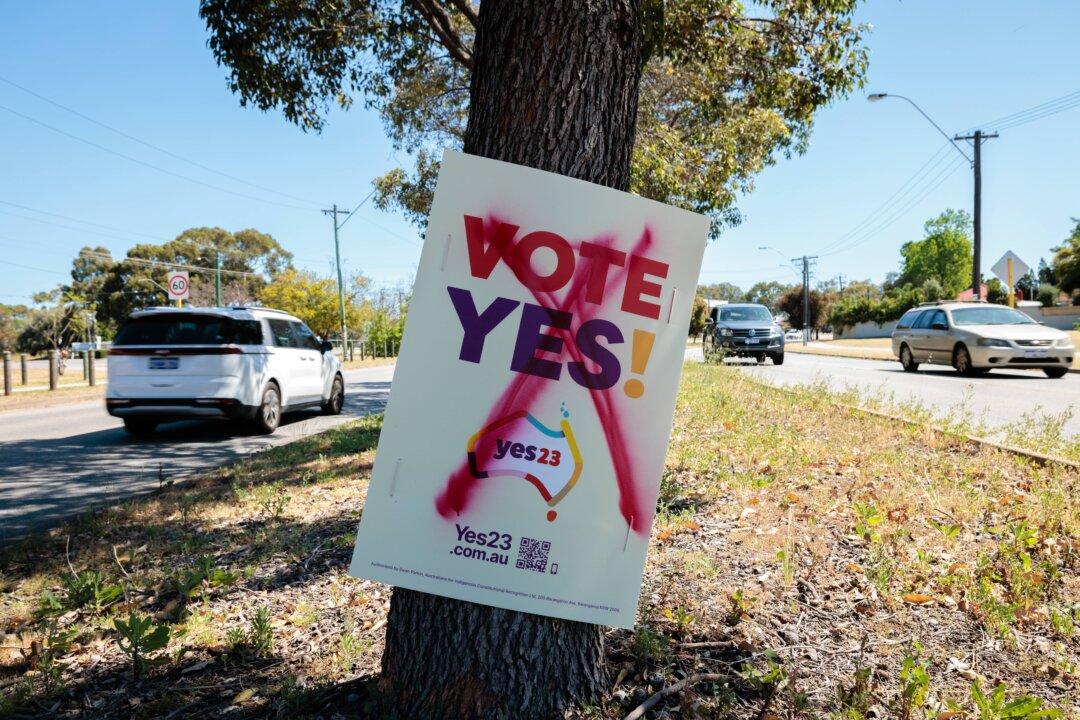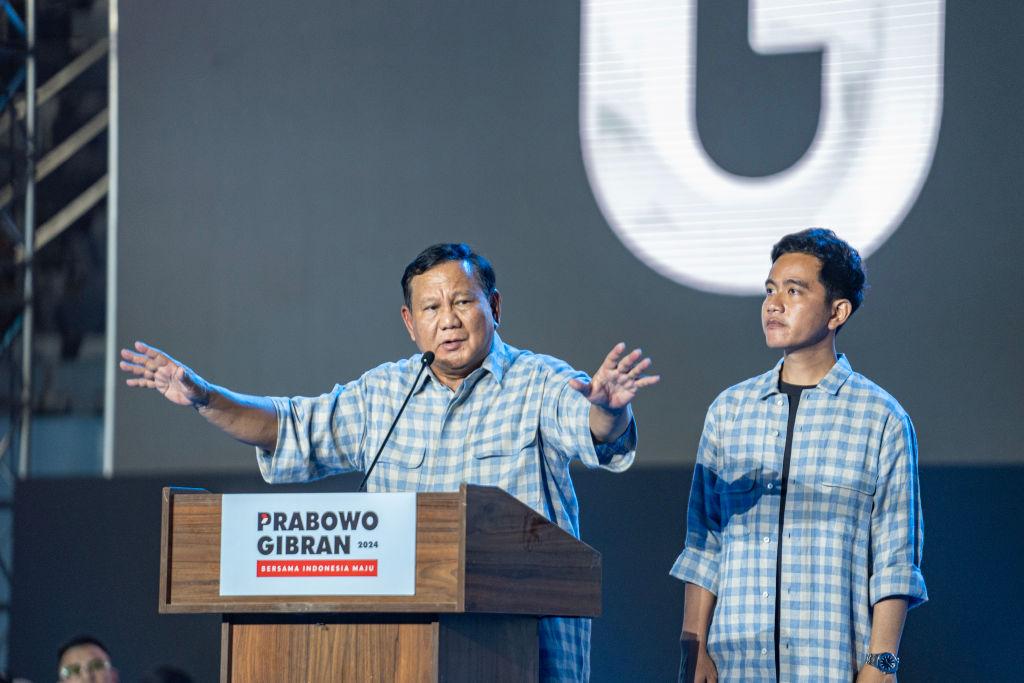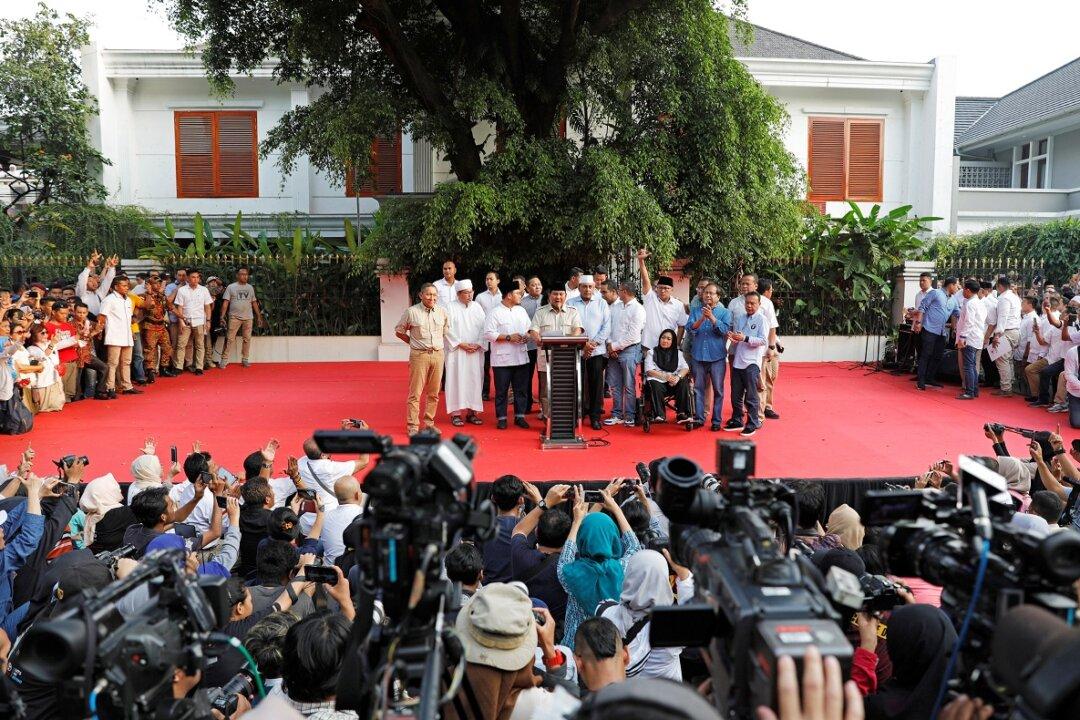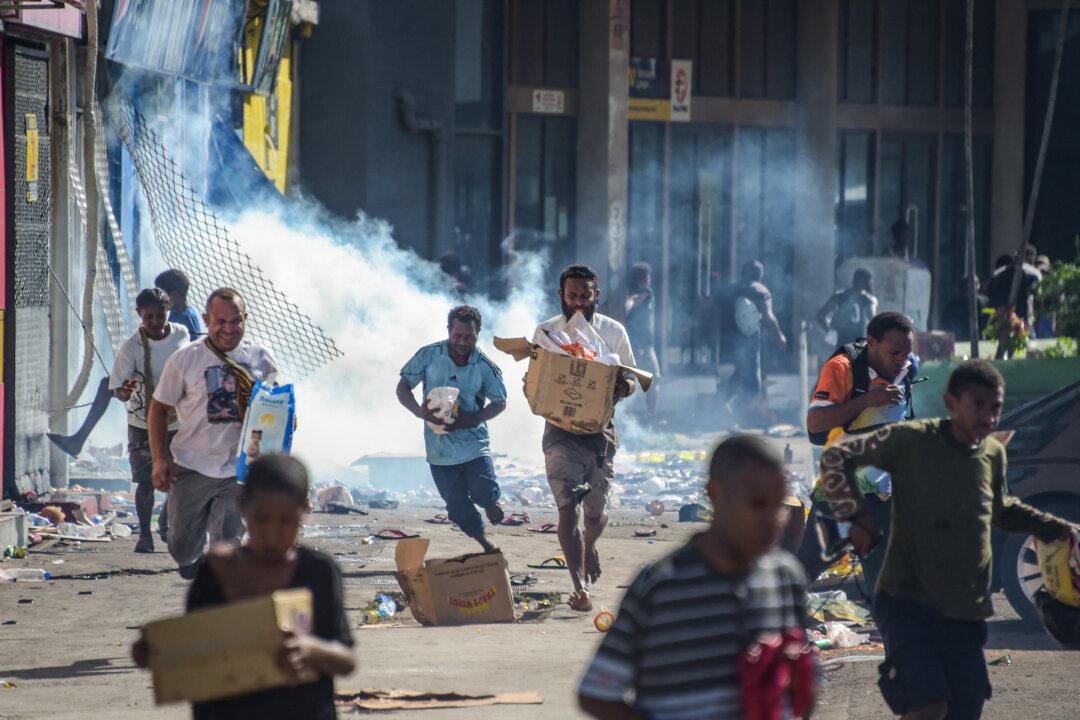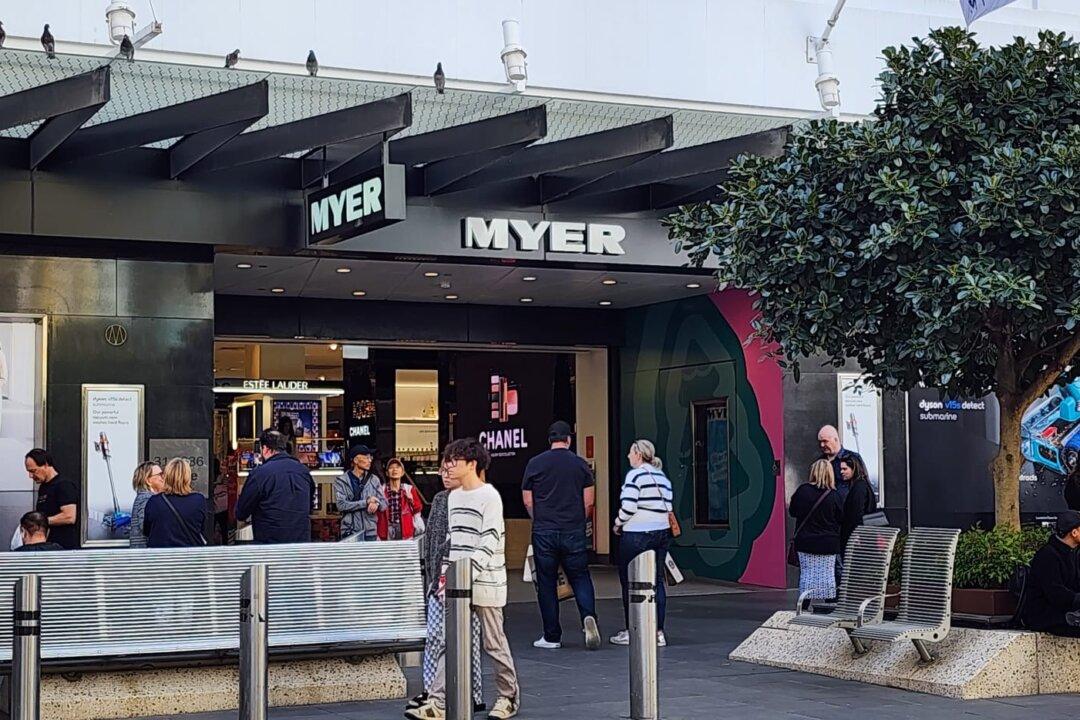Australians have emphatically rejected a change to the country’s Constitution with ongoing counts of the national referendum indicating nearly 60 percent of voters have sided against the “Indigenous Voice to Parliament.”
The Voice referendum which was held Oct. 14 is a proposed amendment to the Australian Constitution that would establish a constitutionally enshrined Aboriginal and Torres Strait Islander Voice.
